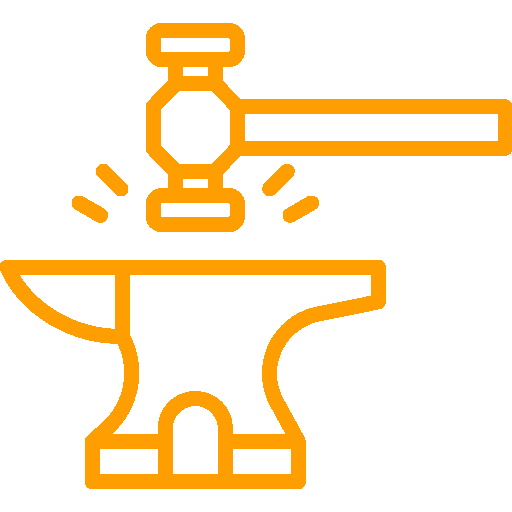
Mineral Industry
- Direct reduced iron (DRI) production plants (sponge iron) are not economically feasible due to the high price of natural gas ($7). In fact, DRI production plants should be treated like fertilizer and petrochemical plants, since natural gas is used as an input in the iron reduction process, and not as fuel. This gas pricing scheme has undeniable negative effects on the productive efficiency of the DRI production plants and impairs the equivalent of 6 million tons of sponge iron production capacity that can benefit the Egyptian economy.
Responsible Entities
Date 3/21/2019
- Similar to the case of the fertilizer industry, natural gas should be treated as a raw material, rather than a fuel, for (DRI) production plant—they should be charged $4.5/million British thermal unit. This measure will enhance their competitiveness and increase their production capacity from the current 7 million tons/year to 13 million tons/ year.
- Impose a protectionist tariff on billet and steel rebar (customs items No. 7207, 7213, and 7214) imports from non-agreement countries.
- Impose a protectionist tariff on imports of finished steel products taking into account that these tariffs do not adversely affect the domestic by raising the cost of inputs (e.g., billets).
Responsible Entities
Date 3/21/2019
- In April 2019, the Ministry of Trade and Industry imposed a 25% and a 15% anti-dumping duty on imports of steel rebar and iron billets respectively.
- The advisory committee of the Ministry of Trade and Industry, which is responsible for developing the final report on the protectionist tariff imposed on imported billets, recommended revising the 15% anti-dumping duty on billets, and imposing instead a 7% duty during the first year, to gradually decrease to 5% during the second and 3% during the third.
Responsible Entities
Date 2/2/2020
